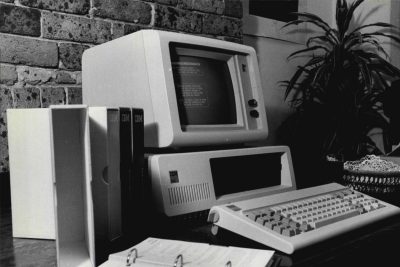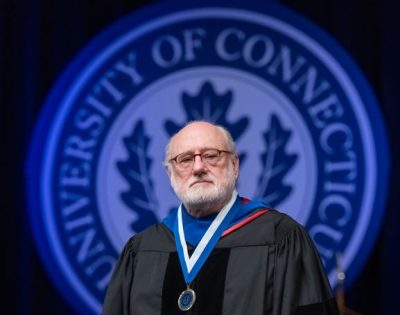I was saddened to learn this morning of the passing of Dick Nelson, and I wanted to add my own testament to what will be an outpouring of praise and reminiscence. As many have already noted, Dick was a mentor par excellence. He was also an institution builder and networker, arguably the central figure in science and technology studies (not to mention many strands of mildly heterodox economics) of his generation.
I first met Dick in 1980, when I came to NYU from graduate school at Stanford. Part of my appointment was in the Center for Science and Technology Policy. Dick was close to the Center’s founder and director, Herb Fusfeld, and he came down from New Haven a few times a month. Having arrived with an unusual academic background, and starting to enter a less-than-mainstream field (or indeed several less-than-mainstream fields), I probably needed mentorship more than most. (The other part of my appointment was in the C. V. Starr Center in the Arts and Sciences Economics Department at NYU, where I began working with Fritz Machlup, who became another mentor.)
At NYU I worked behind the scenes on a project that became Government and Technical Progress (1982), a paradigm of the Nelson-edited collected volume. Dick would bring together interesting authors to contribute case studies. The authors would meet at least once, and sometimes more than once, to exchange ideas and compare notes, and then Dick, sometimes with a coauthor, would tie it all together in an introduction. As the volume neared competition, Dick took me aside and suggested I help him write up a summary of the book’s conclusion. This became an article in Science, and one of my first publications.
By the 1990s, I had become one of the chapter authors, working on book projects (including this one and this one) with a stable of usual suspects from my own generation, including the likes of Tim Bresnahan, Franco Malerba, Dave Mowery, and Ed Steinmueller. Nate Rosenberg, who had been one of my thesis advisors at Stanford, was also involved in many of these projects.
Over the years I would interact with Dick at innumerable conferences. The last time I saw him was in Edinburgh in 2019 at a conference organized by David Teece. He was saddened by health problems and the loss of his dear wife Katherine, but still going strong at nearly 90.
While I’m in this somber mood, I will also note the recent passing of Ronald Howard, a charismatic figure during my graduate years at Stanford and another member of my dissertation committee.


